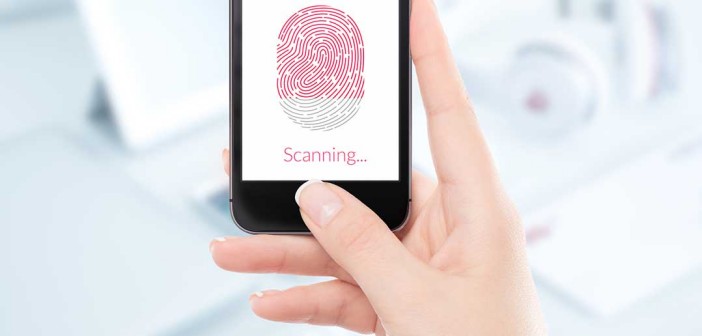One in four consumers would share their DNA with their bank to secure financial and personal information
The majority of consumers using mobile banking applications want their mobile devices to instantly recognise them via biometrics, such as fingerprint and voiceprint, instead of having to prove who they are with passwords and usernames.
With smartphones now the primary channel used by Generation X and Y to access and manage their finances, expectations around how financial institutions manage mobile identity are being transformed, according to a new report from Australian telecoms and media provider, Telstra,
Said Rocky Scopelliti, global industry executive for banking, finance and insurance, Telstra: “For the last six months, we’ve spoken to consumers and banks all over the world, in an effort to understand how our relationship with our smartphone is affecting our relationship with our financial institutions. What we uncovered is that when it comes to mobile banking applications, consumers no longer believe in just the safety of passwords and usernames.
“Instead, two thirds of consumers think that using biometrics, such as voice, fingerprint, iris and facial recognition, would be more secure and help reduce the risks of fraud,” he continued. “In fact, one in four consumers would even consider sharing their DNA with their financial institution, if it meant it would make authentication easier and their financial and personal information more secure,” he said.
According to the research, while factors such as interest rates and ease of accessing funds used to be the most important considerations when selecting a financial institution, today, more than half of consumers cite the security of their finances and personal information their top priority, together with their institutions’ reputation for security.
Despite this, the report found that only a third of consumers were ‘very satisfied’ with their institutions’ authentication methods, with one third willing to pay an extra £11 per annum for more sophisticated mobile security measures.
Scopelliti continued: “Our research shows consumers are using their mobile banking applications in some really cutting edge ways, so they’re expecting much more than ever before from their financial services providers in terms of security, innovation and functionality.
“In fact, Gen X and Gen Y has become so dependent on their smartphones to access their financial services, that it’s led to a behavioral state we are calling ‘no-finapp-phobia’; the fear of being without financial applications,” he said.
In the UK, Nationwide and NatWest customers are the most satisfied with the identity and authentication methods offered and are accordingly, the most likely to recommend them. In the US, USAA customers are the most satisfied with the identity and authentication methods offered and are accordingly, the most likely to recommend them.
“With our consumption of financial services intrinsically linked with the mobile device, our mobile identity is the key to unlock trust with our service provider. For ‘no-finapp-phobic’ Gen X and Gen Y consumers it’s time to create mobile identity solutions that instantly recognise them for who they are,” Scopelliti concluded.





